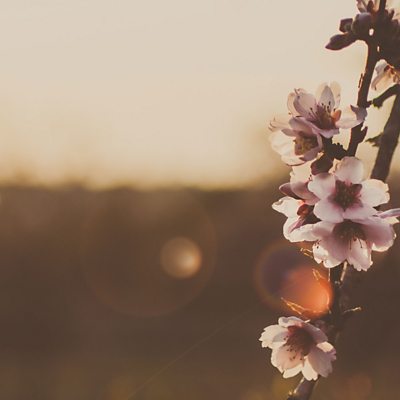Episode details

Radio 4,2 mins
Today is the beginning of the week leading up to the centenary of the end of World War 1. Professor Mona Siddiqui - 05/11/2018
Thought for the DayAvailable for over a year
Today is the beginning of the week leading up to the centenary of the end of world war 1. In November 1918, an armistice, or temporary cessation of hostilities, was declared between the Allied nations and Germany during World War I, then known as “the Great War.” Next Sunday its estimated that more than 3000 bells will ring out across England, Scotland, Wales and Northern Ireland with the sound of half-muffled bells, like a slow march in memory of those who lost their lives. With poppies up and down the country, including lavish and moving displays on some building, we’re all aware that in November, the nation marks the gruesome wars that have scarred our past and present and remembers those who died. In Islam reflecting on death is encouraged but how one remembers the dead has always been a divisive issue. Over the last couple of years, I’ve been privileged to sit on the Scottish commemorations panel set up to recommend a programme of events marking the day. At first our conversations seemed like a different world to me. But over time it’s become so much more real. I’ve been touched by visions of how we can bring together people from all walks of life, to the stories of the person behind the soldier and most importantly what should we hold onto and what should we let go. There are many who feel that most of us today share little or no collective memory of these 20th century wars, that remembering can be exclusionary and nationalistic, perpetuating the romantic notions of the "good guys" versus the "bad guys." As the nature of war becomes more complex, what of those thousands whose lives have been lost as they become victims of other conflicts, making perilous journeys by land and sea, those who today die fleeing war, famine and persecution - Who will remember them and who will chronicle their lives? And some argue that to move forward in human solidarity we should be forgetting rather than remembering. But in the solemn visuals of the day, each of us can remember lost lives in different ways and more importantly we can see each other in a new light. The words `lest we forget’ may ring a little hollow when we see how war continues to hold its grip in so many places. We may no longer speak of terror in the trenches but we continue to witness inhumane conditions everywhere. War can dehumanise as the war poet Charles Sorley reminds us ` through hiss and hate and the blind fight the blind.’ but the poets also bring us hope, `When it is peace, then we may view again With new won eyes each other's truer form and wonder. Grown more loving kind and warm.’
Programme Website